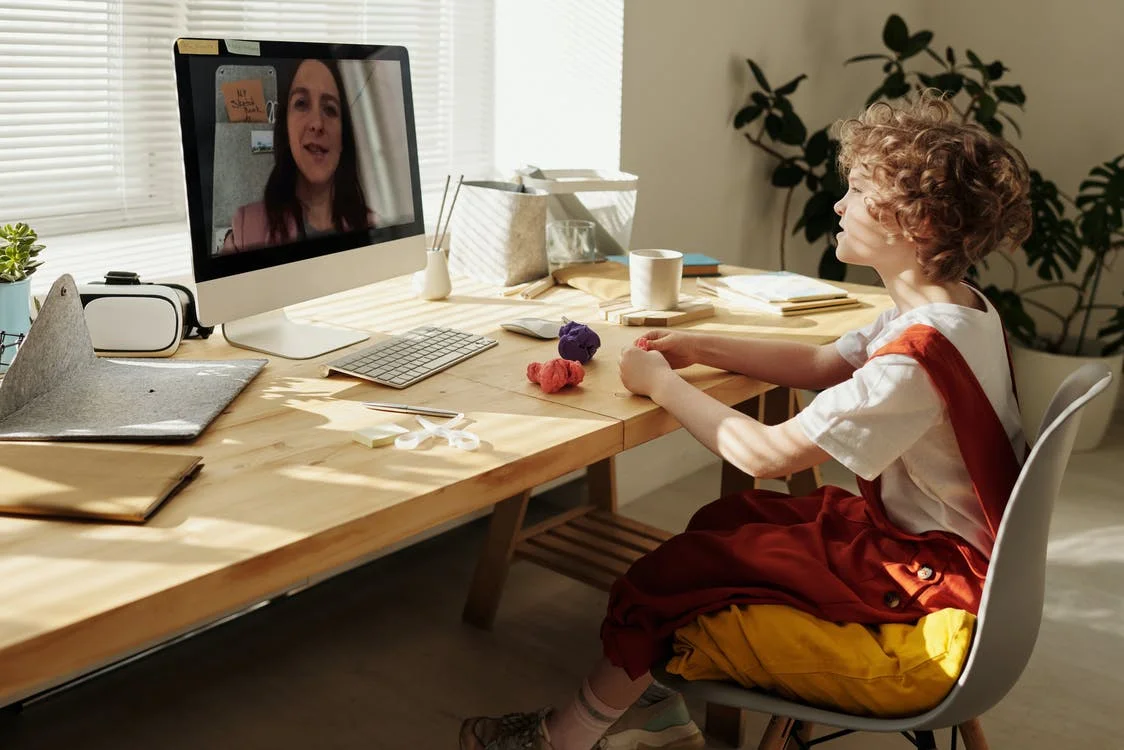📖 The Power of Lifelong Learning: Why It Matters at Any Age
Introduction
In today’s fast-changing world, learning doesn’t end after school or college. It’s a lifelong journey that can improve your mind, boost your career, and enrich your personal life. Whether you’re 16 or 60, the ability to learn—and keep learning—is one of the most valuable tools you have.
What Is Lifelong Learning?
Lifelong learning is the continuous pursuit of knowledge for personal or professional development. It can take many forms:
- Formal courses and certifications
- Online tutorials and webinars
- Reading books, listening to podcasts, or watching documentaries
- Learning new hobbies or skills, from coding to cooking
It’s not about a classroom—it’s about curiosity.
Benefits of Lifelong Learning
1. Career Advancement
Industries are evolving fast. New technologies and skills emerge every year. Lifelong learning keeps you competitive and relevant, opening doors to promotions, new jobs, or even new industries.
Example: Learning a new programming language or project management skill could land you a role in tech, even if you started in marketing.
2. Mental Sharpness
Learning stimulates your brain, improves memory, and strengthens cognitive health—especially as you age. Studies show that mentally active adults are less likely to develop cognitive decline or dementia.
3. Confidence and Fulfillment
Mastering a new skill brings a sense of achievement. Whether it’s painting, public speaking, or playing the piano, these accomplishments build self-esteem and motivate personal growth.
4. Adaptability in a Changing World
From AI to remote work, society is constantly changing. Lifelong learners adapt more easily, making transitions smoother and less stressful.
Lifelong Learning at Every Age
🎓 In Your 20s and 30s:
Build your foundation. Learn skills that boost your career, start side projects, or pursue advanced degrees.
👩👦 In Your 40s and 50s:
Balance learning with life. Take up leadership courses, learn financial literacy, or explore creative passions.
👵 In Your 60s and Beyond:
Stay active mentally and socially. Join book clubs, take online classes, or explore new languages or hobbies.
It’s never too late to learn something new. Age is not a limit—it’s an advantage.
How to Embrace Lifelong Learning
- Set Learning Goals: Choose what you want to learn and why.
- Use Technology: Platforms like Coursera, YouTube, or Khan Academy offer thousands of free resources.
- Make Time: Even 20 minutes a day adds up over time.
- Join Communities: Learn with others—study groups, online forums, or local classes.
Final Thoughts
Lifelong learning isn’t just a trend—it’s a lifestyle. It’s about staying curious, open, and engaged with the world. Whether you’re learning to advance your career, expand your mind, or simply try something new, the benefits are lifelong.


